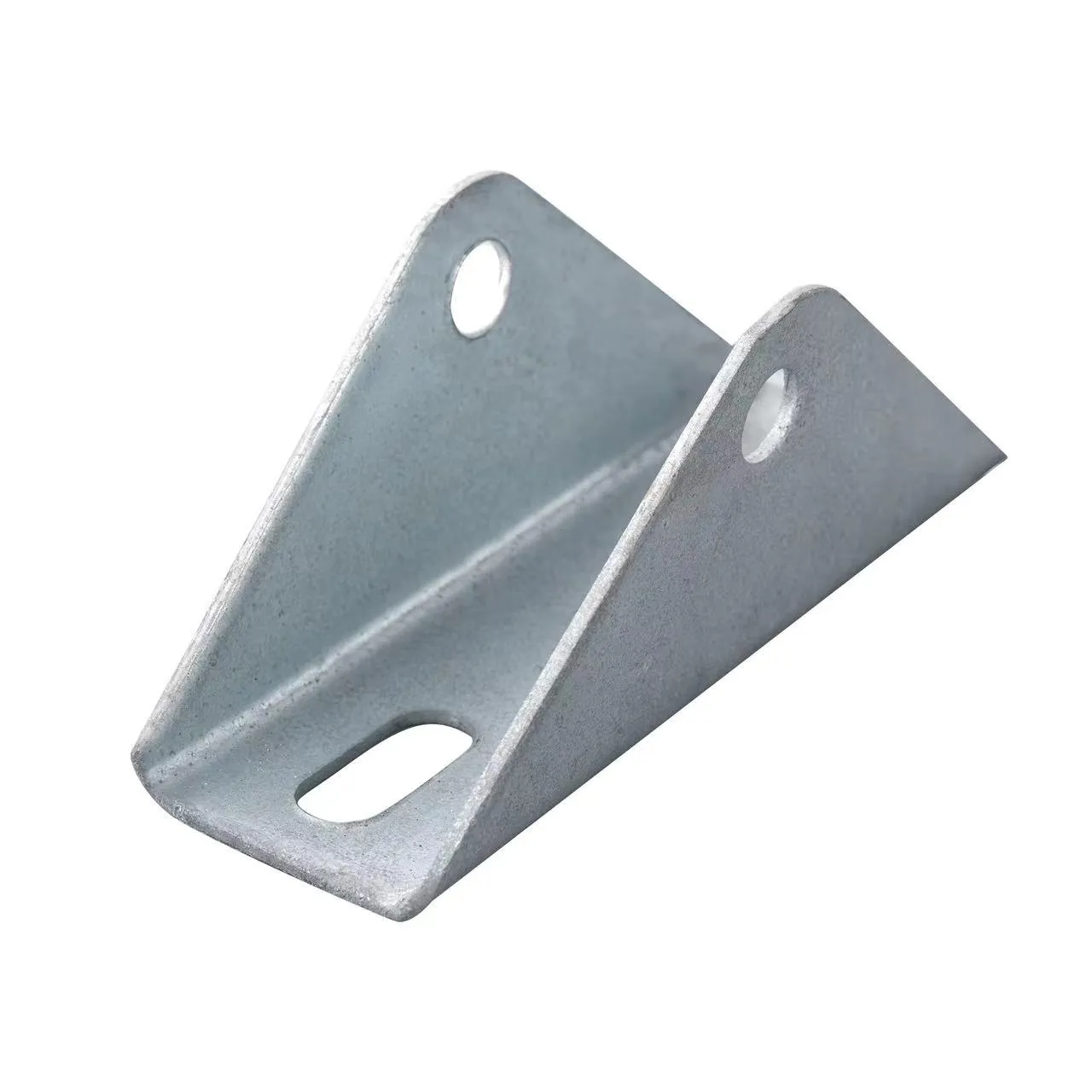

Understanding the Applications and Features of Stud Bolts in Construction and Industry
Okt . 15, 2024 06:23 Back to list
Understanding the Applications and Features of Stud Bolts in Construction and Industry
Understanding Stud Bolt Unc Essential Elements in Mechanical Engineering
Stud bolts are essential components in various industrial applications, particularly in mechanical engineering. These fasteners are often employed to secure flanged connections, hold piping systems together, and create reliable assemblies in machinery. Among the various standards governing stud bolts, the UNC (Unified National Coarse) designation is one of the most prevalent, particularly in the United States. This article delves into the characteristics, applications, and significance of stud bolts UNC, providing insights into their role in engineering designs.
What is a Stud Bolt?
A stud bolt is a length of metal Rod with threads on both ends, designed specifically to be used with nuts. Unlike standard bolts, which have a head on one end, stud bolts are entirely threaded, allowing for greater flexibility in applications. They come in various materials, including carbon steel, stainless steel, and alloy steel, each providing different strength and corrosion resistance properties. The versatility in materials ensures that stud bolts can be tailored to specific environments, whether exposed to harsh chemicals or extreme temperatures.
UNC Thread Standard
The term UNC stands for Unified National Coarse. It refers to a specific thread type with a pitch defined by its number of threads per inch. The UNC thread standard is primarily used in the U.S. and is characterized by a 60-degree thread angle with a distinctive pitch, making them larger and thicker than their fine-thread counterparts (UNF). This coarseness allows for easier assembly and disassembly, making UNC stud bolts ideal for applications where frequent maintenance is required.
For example, a ½-13 UNC stud bolt has a nominal diameter of 0.5 inches and 13 threads per inch. The choice of threads affects the bolt's ability to handle loads and resist stripping, making it crucial to select the appropriate measurement for each application. The coarse thread design allows for greater tolerance in aligning components, which enhances the efficiency and speed during assembly.
Applications of Stud Bolts UNC
Stud bolts UNC find extensive use in various industries, such as
stud bolt unc

1. Oil and Gas In the oil and gas industry, stud bolts are primarily employed in flanged joints, where they secure pipes and equipment to prevent leaks under high pressure. Their robust build is essential for withstanding the substantial stresses encountered in these environments.
2. Construction In structural applications, stud bolts secure steel elements together, providing stability and integrity to buildings and bridges. They can also be utilized in heavy machinery, supporting components that bear significant loads.
3. Manufacturing In machinery, stud bolts are used to hold components securely together, ensuring that critical parts do not loosen during operation. This enhances the reliability and safety of the equipment.
4. Marine Applications Stud bolts are prevalent in marine construction, where they ensure the stability of various structural elements. Their corrosion resistance, especially in stainless steel variants, is crucial in preventing deterioration caused by saltwater exposure.
Selecting the Right Stud Bolt
When choosing stud bolts, several factors must be considered. The load requirements, environmental conditions, and the type of materials being fastened all influence the selection process. It is essential to ensure that the stud bolts used have the appropriate diameter, length, and thread count to perform optimally in their intended application.
Moreover, it's vital to adhere to industry standards for strength and durability. Factors such as tensile strength (the maximum load the fastener can bear without failing) and yield strength (the load at which it deforms) must be well understood in the context of the materials and conditions in which the stud bolts will operate.
Conclusion
Stud bolts UNC are indispensable in mechanical engineering, providing secure and reliable connections in diverse applications. Their design, characterized by coarse threads, offers advantages that facilitate ease of use and versatility. Understanding the properties and appropriate applications of these fasteners is essential for engineers and technicians, ensuring that assemblies are robust and maintain their integrity over time. The application of stud bolts UNC continues to play a vital role in advancing technology and infrastructure, making them critical components in modern engineering solutions.
Latest news
-
Premium Fasteners Manufacturer | AI-Driven Solutions
NewsAug.01,2025
-
Hot Dip Galvanized Bolts - Hebei Longze | High Strength, Corrosion Resistance
NewsAug.01,2025
-
High-Strength Hot Dip Galvanized Bolts - LongZe | Corrosion Resistance, Custom Sizes
NewsAug.01,2025
-
Best Self Tapping Screws for Drywall - Fast & Secure Installation
NewsJul.31,2025
-
High-Strength Hot Dip Galvanized Bolts-Hebei Longze|Corrosion Resistance&Customization
NewsJul.31,2025
-
Hot Dip Galvanized Bolts-Hebei Longze Metal Products|Corrosion Resistance&High Strength
NewsJul.31,2025

